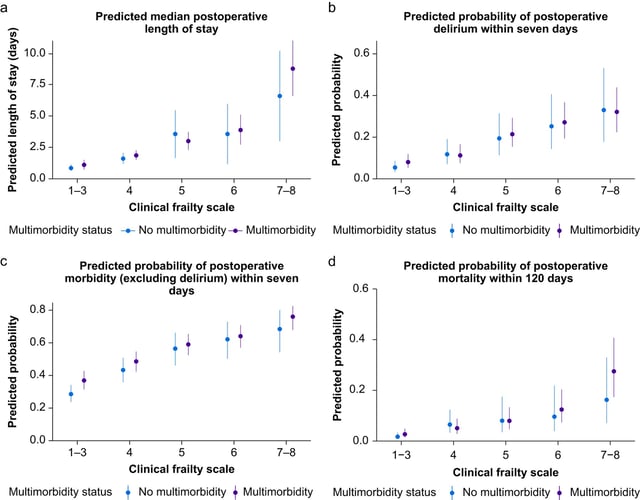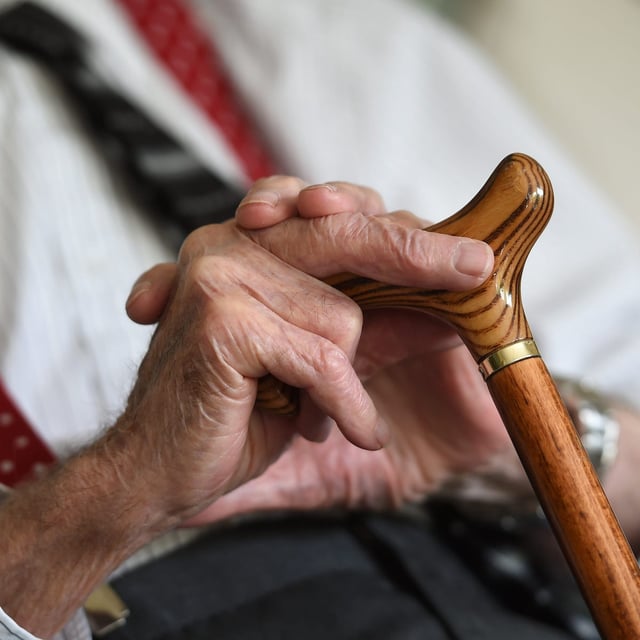Overview
- A SNAP-3 study in the British Journal of Anaesthesia reviewed data from 7,134 patients across 263 NHS hospitals and found that 71% do not routinely assess surgical patients aged 60 and over for frailty.
- Patients living with frailty stay an average of three days longer after surgery, rising to six days for those classified as severely frail, compared with fitter peers.
- Frail patients are three times more likely to suffer post-operative complications, four times more likely to develop delirium and three times more likely to die within a year of surgery.
- Experts including Professor Iain Moppett and Dr Claire Shannon urge universal use of the Clinical Frailty Scale to guide pre-operative planning and geriatric specialist referrals.
- The NHS has pledged to integrate routine frailty assessments into its elective care plan to improve outcomes and address the demands of an ageing population.

